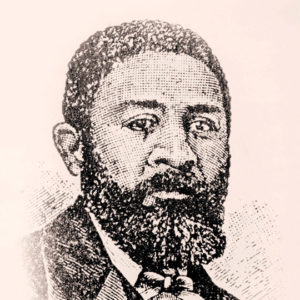 William H. Grey
William H. Grey
Entry Type: Person
 William H. Grey
William H. Grey
Grey, William Henry
Grice, Geleve
Grider, John McGavock
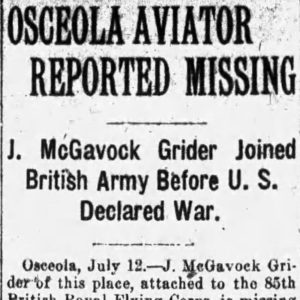 Grider Missing Article
Grider Missing Article
Griffin-Gracy, Major
aka: Miss Major
Griffin, John Timothy
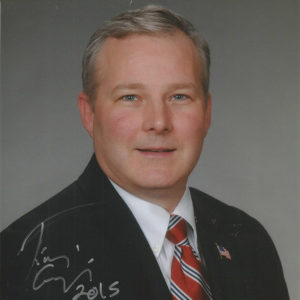 Tim Griffin
Tim Griffin
Griggs, Mildred Barnes
 Mildred Griggs
Mildred Griggs
 John Grisham
John Grisham
Grisham, John
Griswold, Nathaniel Robadeau (Nat)
Gross, Tabbs
Grove, Ivan
Guedetonguay
aka: Guedelonguay
aka: Quedetongue
Gulley, Louis Corneil
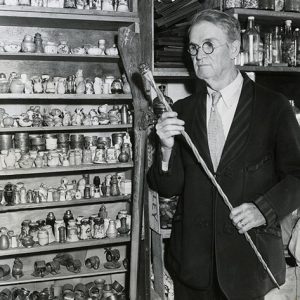 Louis Gulley
Louis Gulley
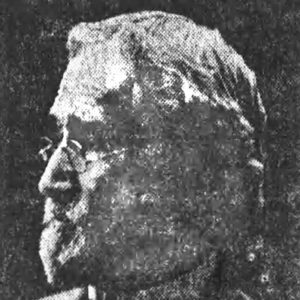 Ransom Gulley
Ransom Gulley
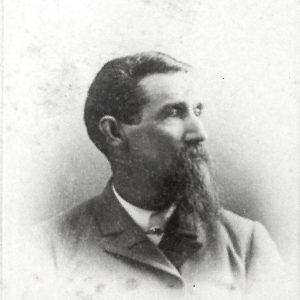 Ransom Gulley
Ransom Gulley
Gulley, Ransom
Gunn, Paul Irving “Pappy”
Gunter, James Houston (Jim), Jr.
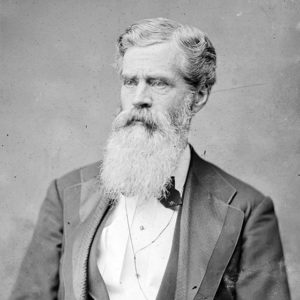 Thomas M. Gunter
Thomas M. Gunter
Gunter, Thomas Montague
Gurley, Ottawa (O. W.)
Guthridge, Amis Robert
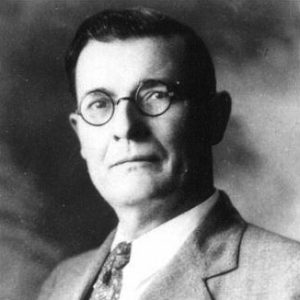 Jeremiah Guthrie
Jeremiah Guthrie
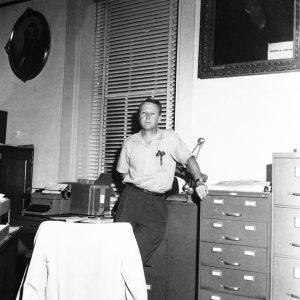 Francis Gwaltney
Francis Gwaltney
Gwaltney, Francis Irby
Gwatney, Harold Lloyd
Gwatney, William Alan (Bill)
Hackett, Nelson
Hadley, Ozro Amander
Hagerty, Thomas J.
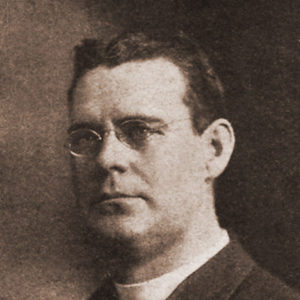 Thomas J. Hagerty
Thomas J. Hagerty
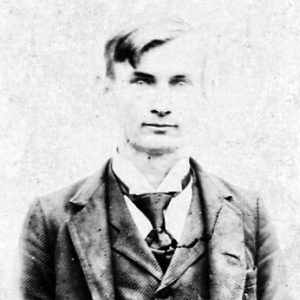 William Halbrook
William Halbrook
Halbrook, William Erwin
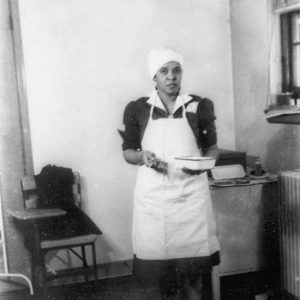 Mamie Hale
Mamie Hale
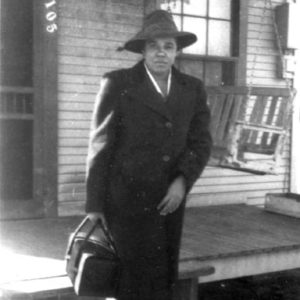 Mamie Hale
Mamie Hale
Haley, George Williford Boyce
Hall-Trujillo, Kathryn
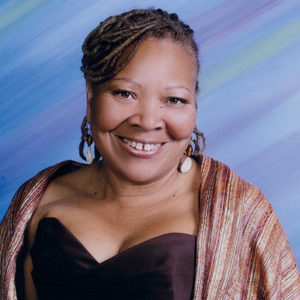 Kathryn Hall-Trujillo
Kathryn Hall-Trujillo
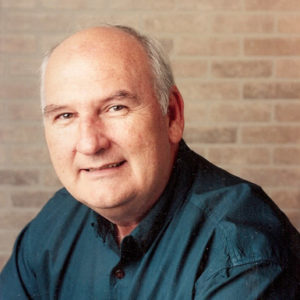 B. C. Hall
B. C. Hall
Hall, B. C.
Hall, Claris Gustavius “Crip”
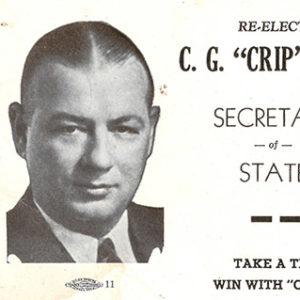 C. G. "Crip" Hall
C. G. "Crip" Hall
Hall, David
Hall, Nancy Johnson
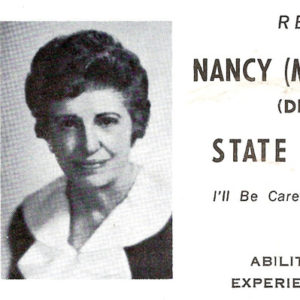 Nancy Hall Campaign Material
Nancy Hall Campaign Material




